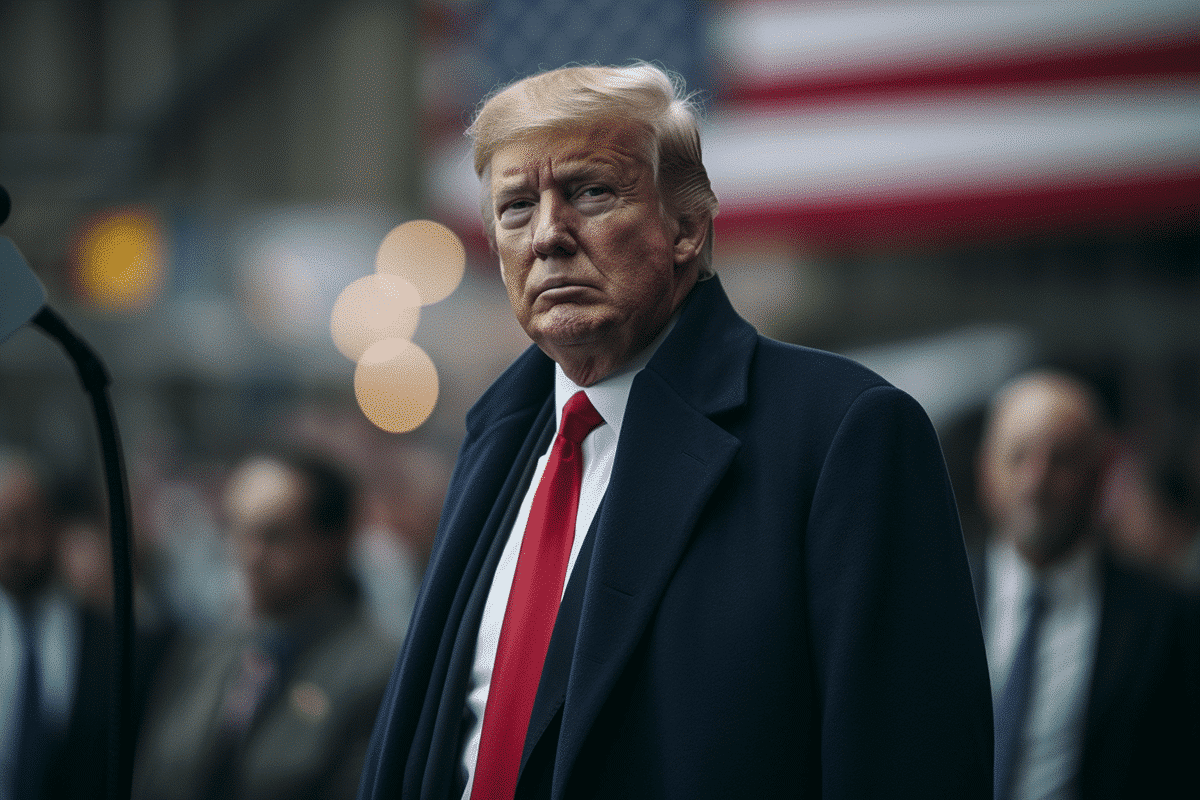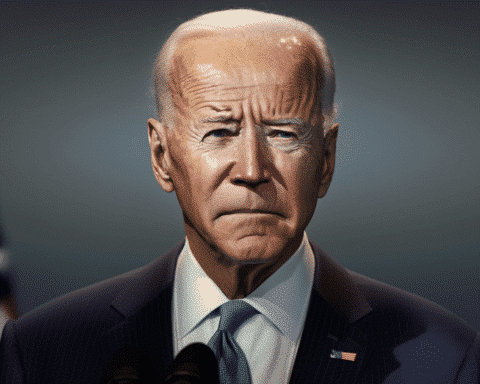In a bid to shape the future of American national security policy, a Trump-affiliated group, the America First Policy Institute, has released a comprehensive policy book outlining a robust “America First” approach. The book, which aims to guide a potential second Trump administration, was shared with The Associated Press ahead of its official release.
Titled “America First: A National Security Strategy for 2025 and Beyond,” the book lays out a series of bold proposals, emphasizing a departure from traditional foreign policy paradigms. Key among the proposals is a plan to condition future military aid to Ukraine on the country’s participation in peace talks with Russia, a move aimed at resolving the ongoing conflict in the region.
Additionally, the book advocates for stringent measures to counter the perceived threat posed by China, including banning Chinese nationals from purchasing property within a 50-mile radius of U.S. government buildings. The authors also call for visa restrictions on Chinese students and propose the banning of Chinese apps like TikTok over data privacy concerns.
The group, which operates independently from Trump’s campaign, seeks to avoid the pitfalls of the 2016 transition period, which they criticize as lacking in preparation. To this end, they have developed a transition project aimed at drafting executive orders and training future political appointees, with a focus on filling national security-related positions with Trump loyalists.
Fred Fleitz, the book’s editor, and retired Lt. Gen. Keith Kellogg, who served as Trump’s acting national security adviser, have been in regular contact with the former president to solicit feedback on the proposals. While stressing that they do not speak on behalf of Trump, Fleitz expressed confidence that the former president would approve of their agenda.
The book takes aim at the current trajectory of U.S. national security policy, which it portrays as a failure resulting from an interventionist and “globalist” approach embraced by the foreign policy establishment. It blames President Joe Biden for the conflict in Ukraine and argues that Putin would not have invaded if Trump had been in office, citing perceptions of Trump’s strength and decisiveness.
In addressing the conflict in Ukraine, the book recommends a diplomatic solution that allows Ukraine to maintain its goal of regaining all its territory while acknowledging the need for future diplomatic breakthroughs. It suggests persuading Putin to join peace talks by offering to postpone NATO membership for Ukraine and calls for levies on Russian energy sales to fund reconstruction efforts in Ukraine.
The authors also emphasize the need to counter China’s rise as the nation’s most pressing national security threat. They propose a comprehensive strategy that includes economic measures aimed at denying Beijing access to U.S. markets and stricter screening of Chinese-owned tech companies.
Notably, the book reflects the personal focus of some of its contributors, including Ellie Cohanim, a former Trump deputy State Department envoy, who advocates for increased military support to Israel as part of the “America First” agenda.
Overall, the release of the policy book marks a significant effort by Trump-aligned groups to shape the future direction of American national security policy. As the 2024 presidential election approaches, the proposals outlined in the book are likely to fuel debates over the country’s foreign policy priorities and approach to global security challenges.




